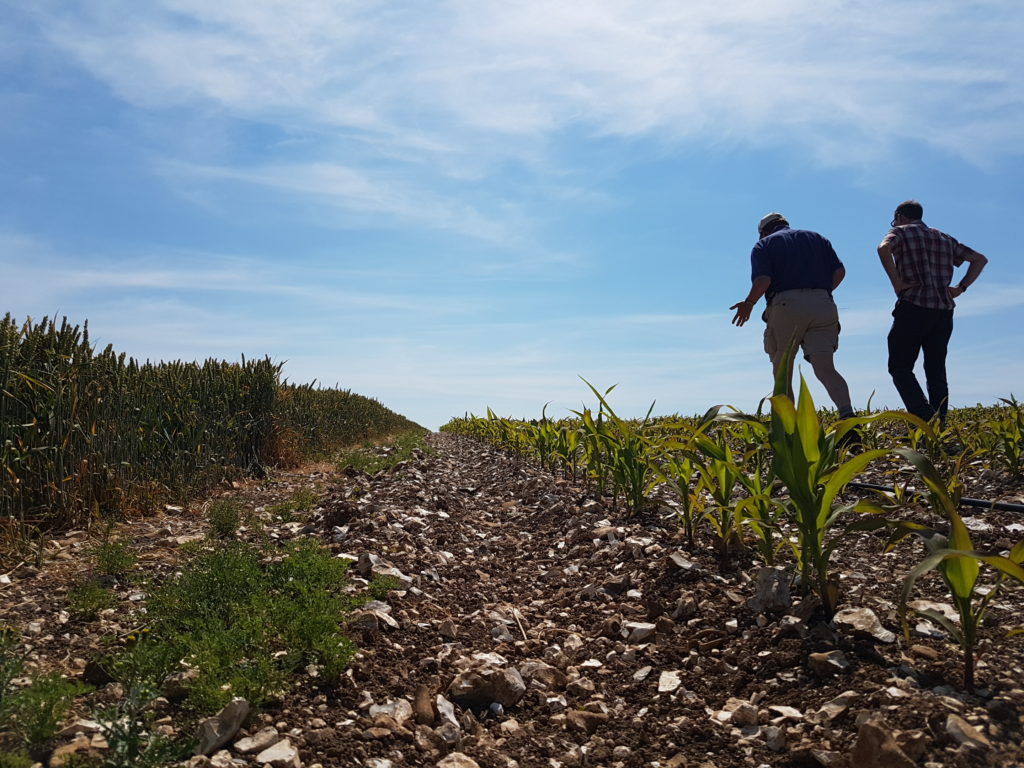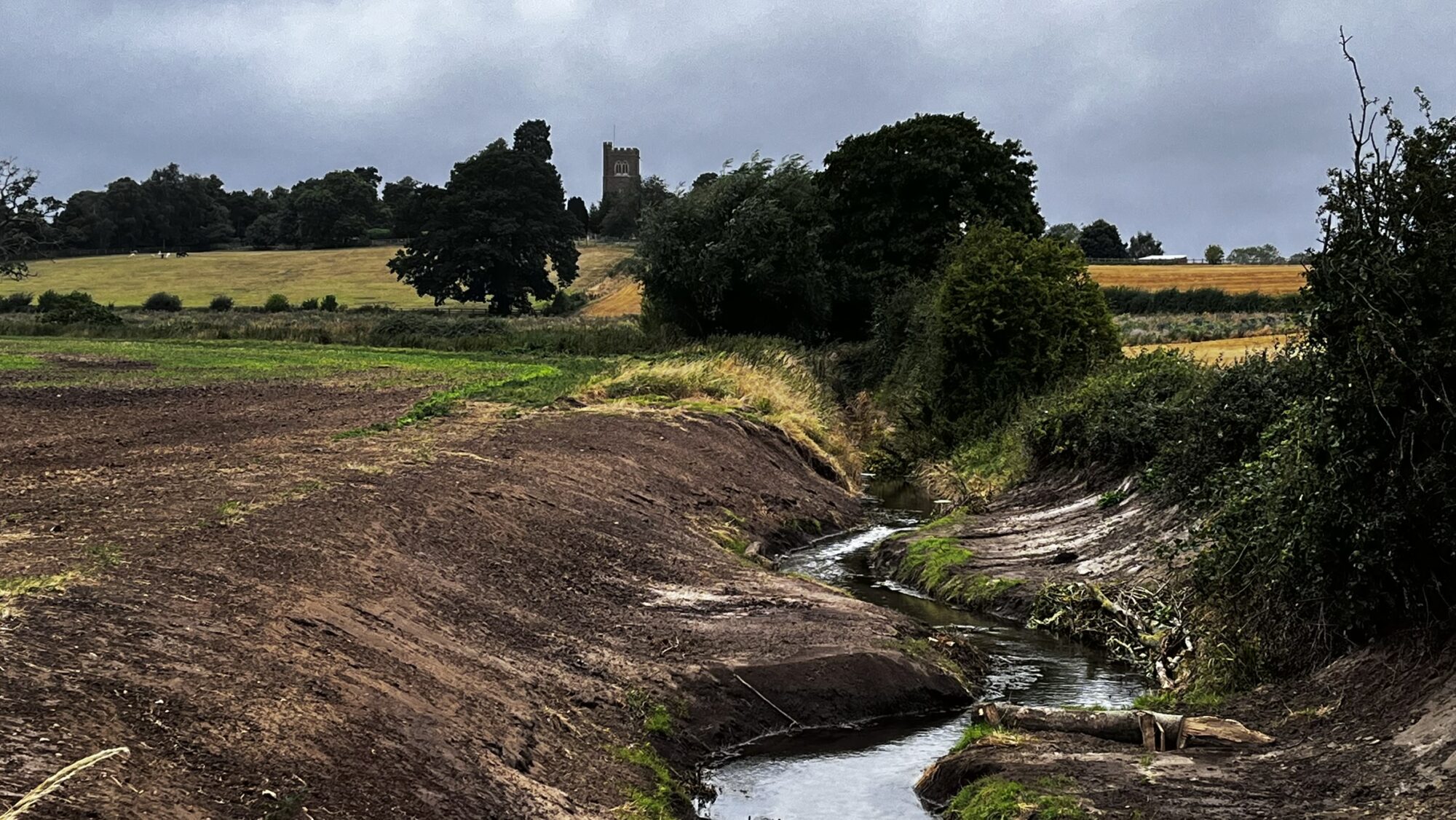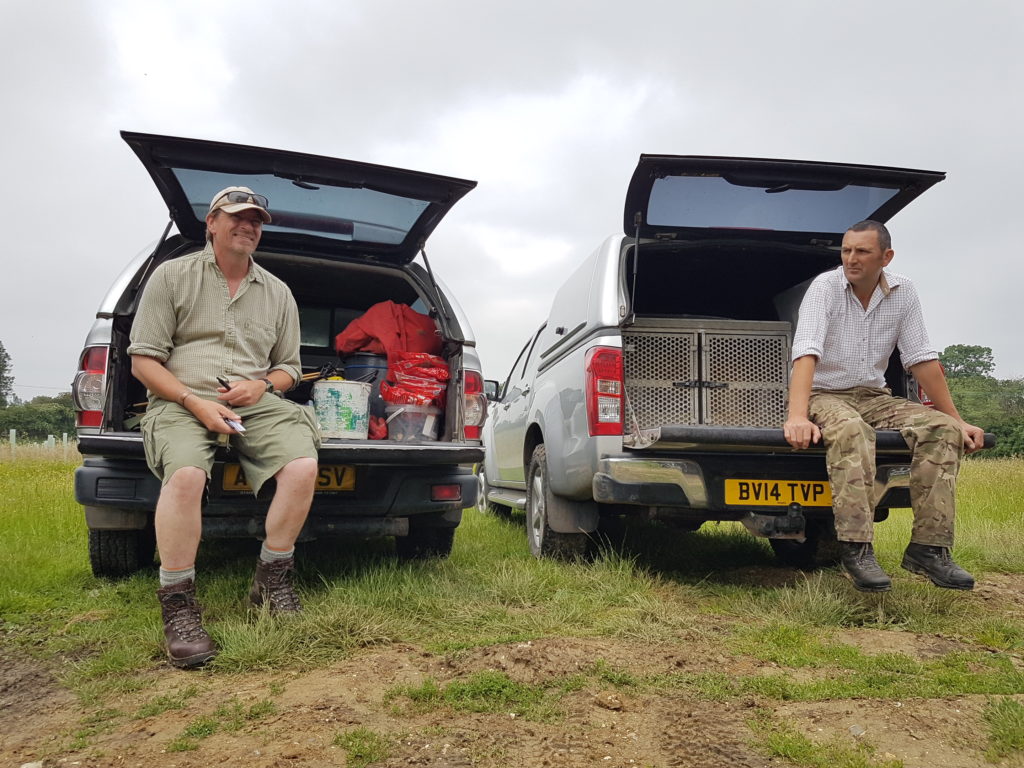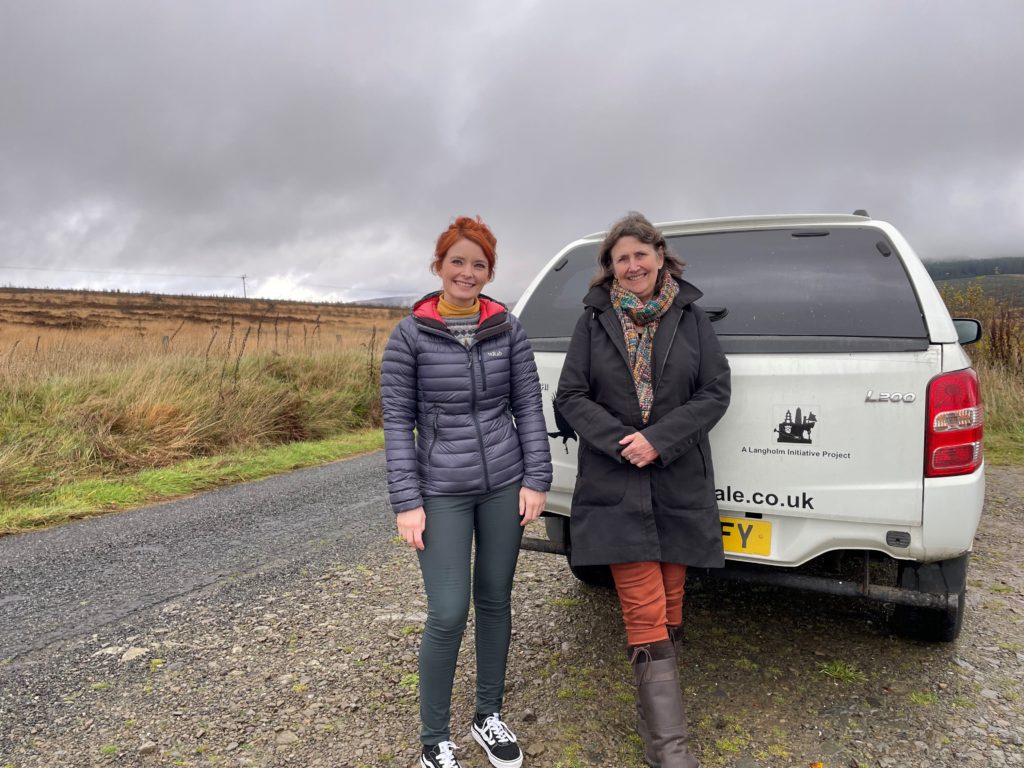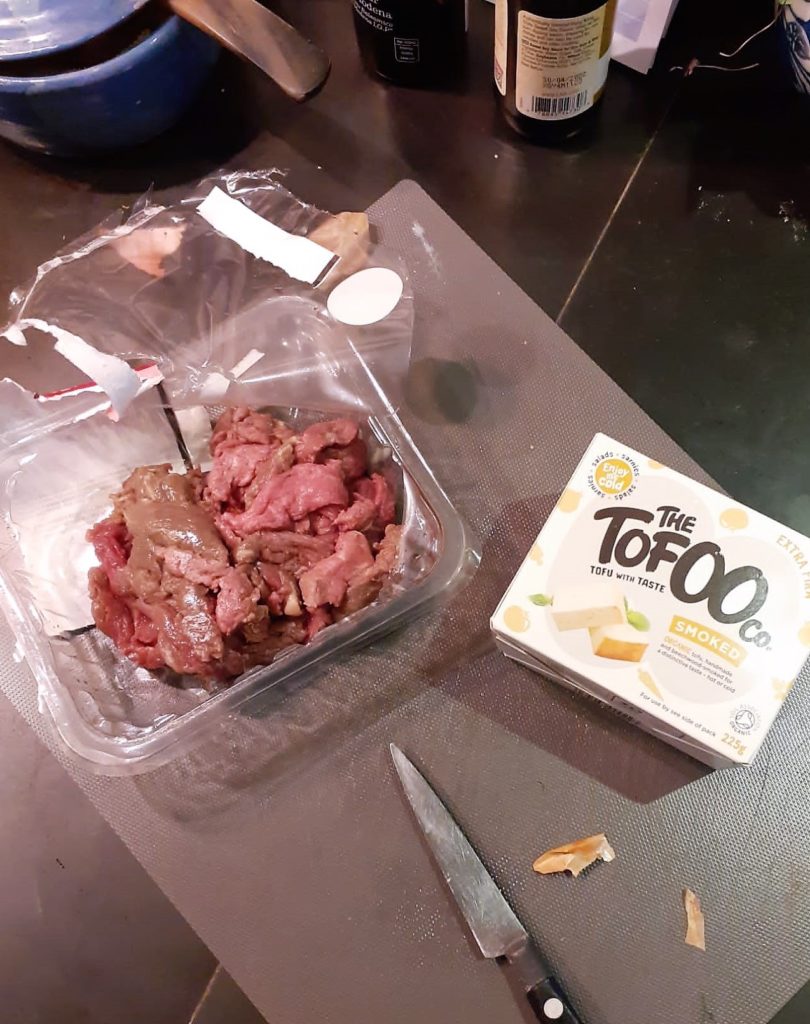Chopping wood this week made me think about parallels on writing my blog to reflect the past year while looking forward to the next year (2022).
Celebrate what’s been learned. Acknowledge the knotty stuff. Not take for granted any sweet spots. Reading the grain to cleave out workable pragmatic solutions. All of which, not surprisingly, involve more nuance than just wielding a blunt axe.
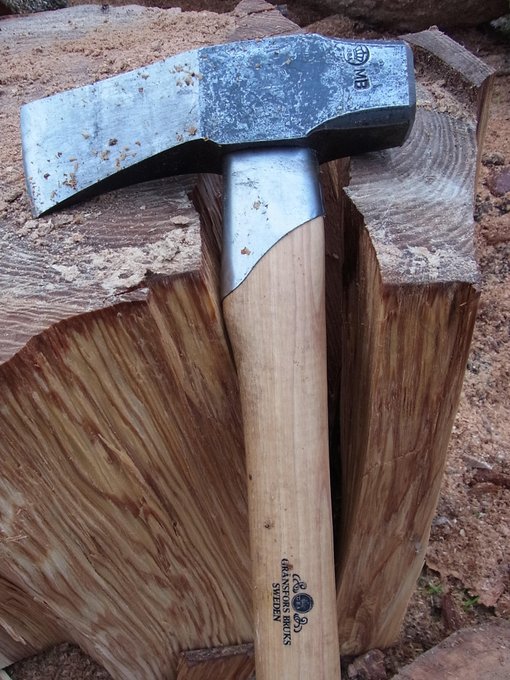
“Faith and doubt both are needed – not as antagonists, but working side by side to take us around the unknown curve”
Lillian Smith
Field intel east
Our increasing predilection for online-only interaction bothers me. I’m no Luddite (my 280 character blog here). But rewiring brains to smartphone thumbs and ‘top most popular’ zoom webinars questions may skew our ability to speak when we meet again.
A field intel trip around East Anglia talking with ecologists, farmers, rewilders, land managers, birders, gamekeepers, foresters, academics refilled my cup as to how we can keep lines of dialogue open. Learning what we really think over what we say, is not always straightforward.
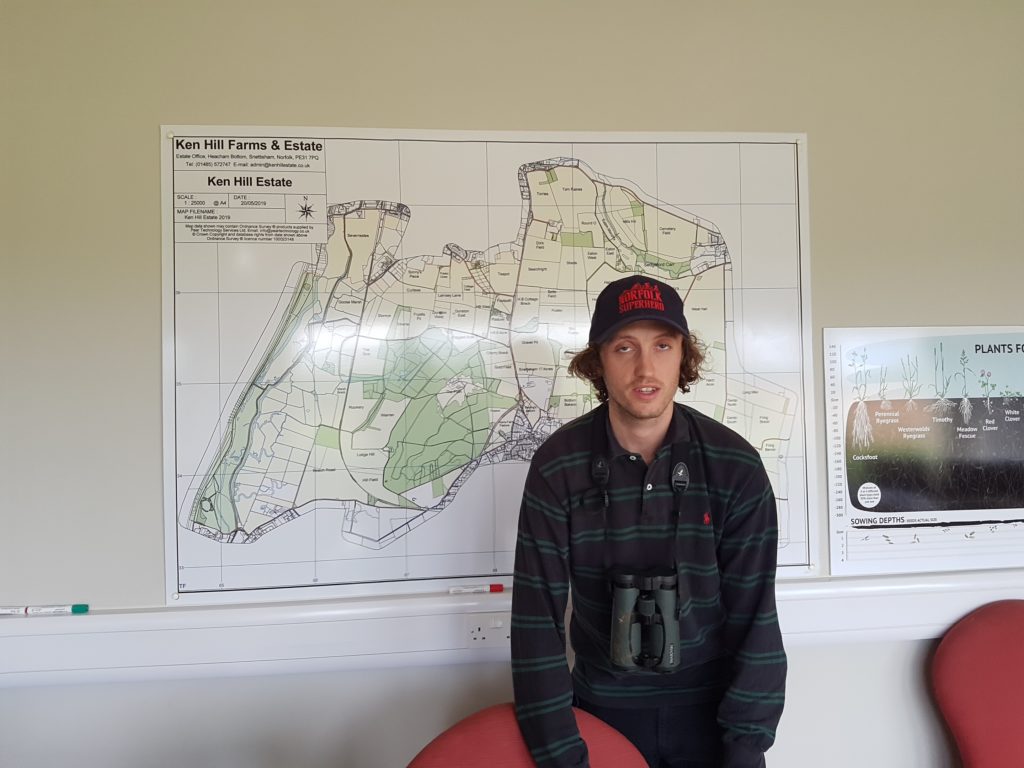
Field forest north
A stuck axe-head is generally simpler to engage from the end of the handle, rather than working it out nearer ‘the knot’. My trip north (incl a day at Cop26) meeting people working with farmland, hen harriers, rewilding interests, and visiting Doddington forest, reflects how much work lies ahead on some these issues.
Which is why hen harrier recovery, tackling diffuse pollution, nudging dietary change, smarter mixed tree planting, transition away from lead shot etc require us to work closer to ‘the knot’ for better long term outcomes (not fighting each other at the far end of a ‘polarising-effect’ axe handle!)
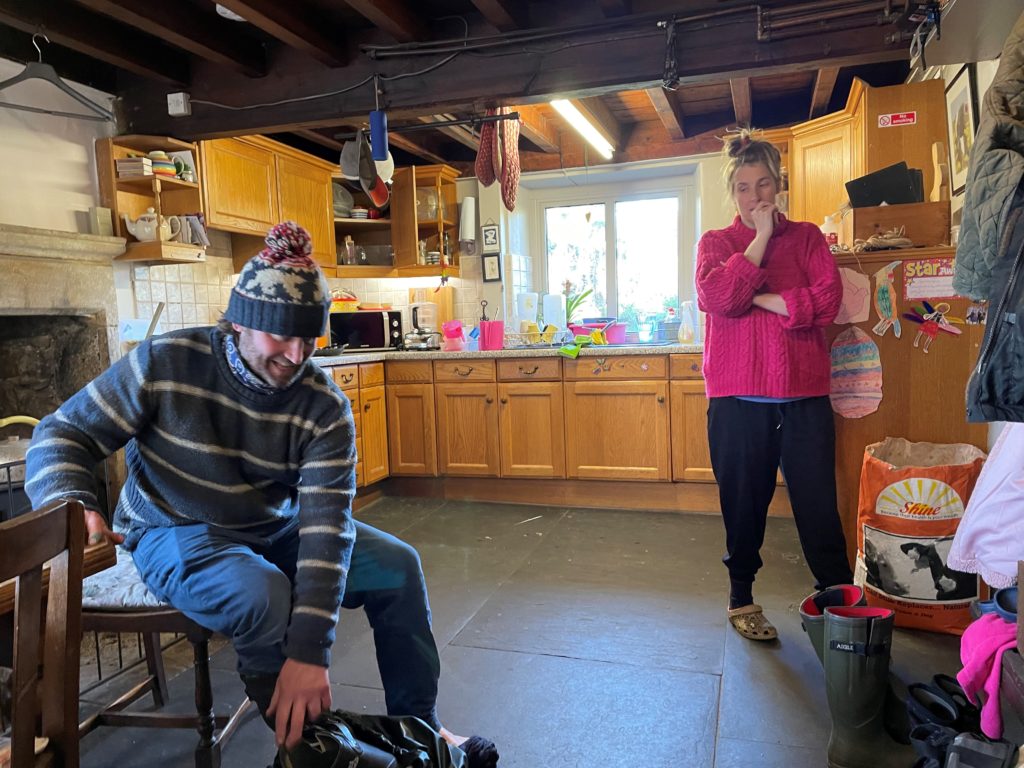
Science-heads
Being led by science is a useful place to start but not a panacea. Especially when ignoring social science and factoring in anchoring bias – too much reliance on pre-existing information. In spring 2021, after getting into trouble for providing paywalled articles for public viewing, I launched my rural/enviro science page. FYI. Fill ya boots, not your confirmation bias!
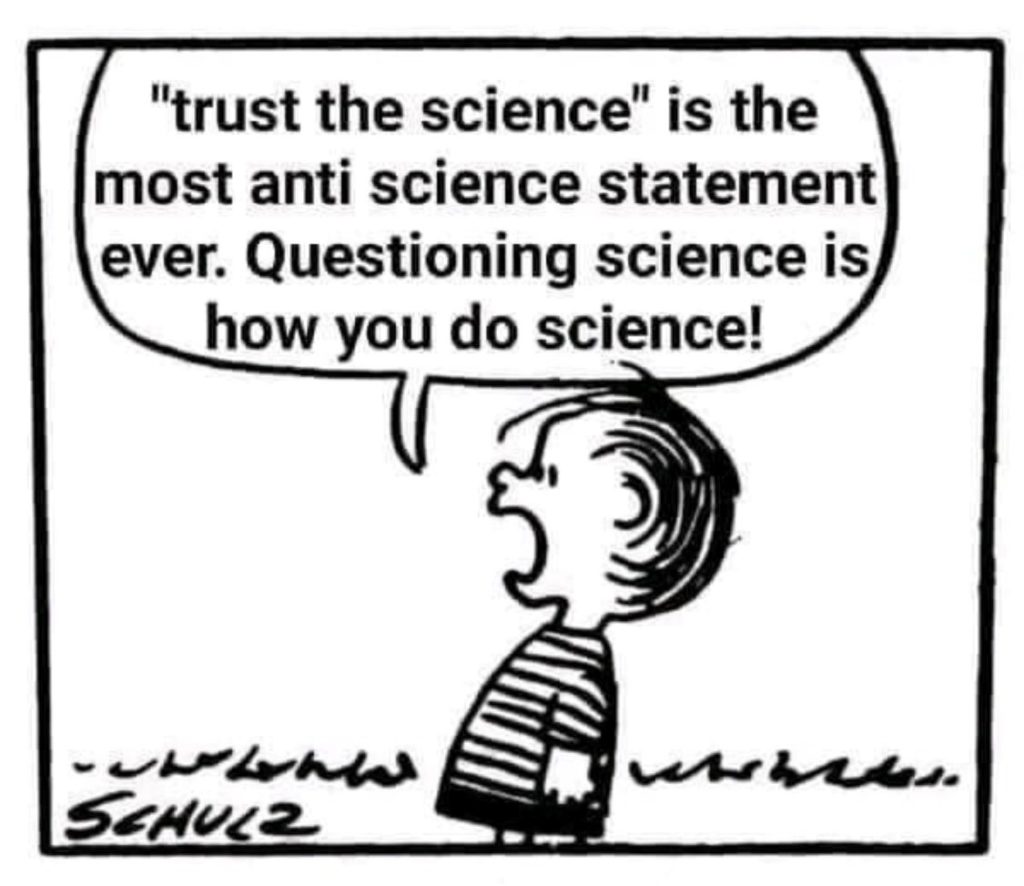
Fresh comms
When you campaign for something you tend to take a position. Understandable. Admirable. But not ideal if you want to tolerate other narratives in the same space. That’s why I do weekly 60 secs vlogs – seeking to keep my “ability to hold two opposed ideas in the mind at the same time, and still retain the ability to function”.
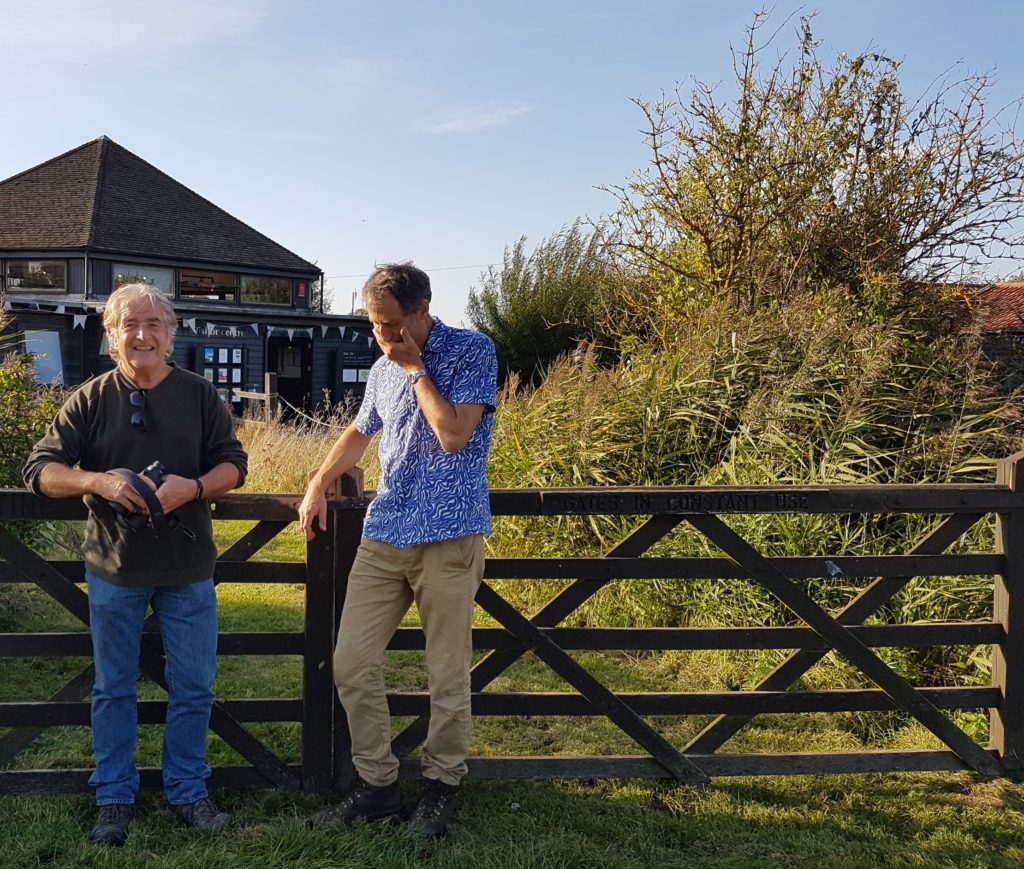
Fire and feet
If we are to meld public opinion with societal change and private delivery of public benefit outcomes, it might be handy to harness humility and tolerate alternative narratives. Acknowledge past policy that drove land use change. Be aware of mental rural fragility. Sure, hold feet to the fire, critically analyse content, but remember we often sit around the same fire seeking to deal with common issues.
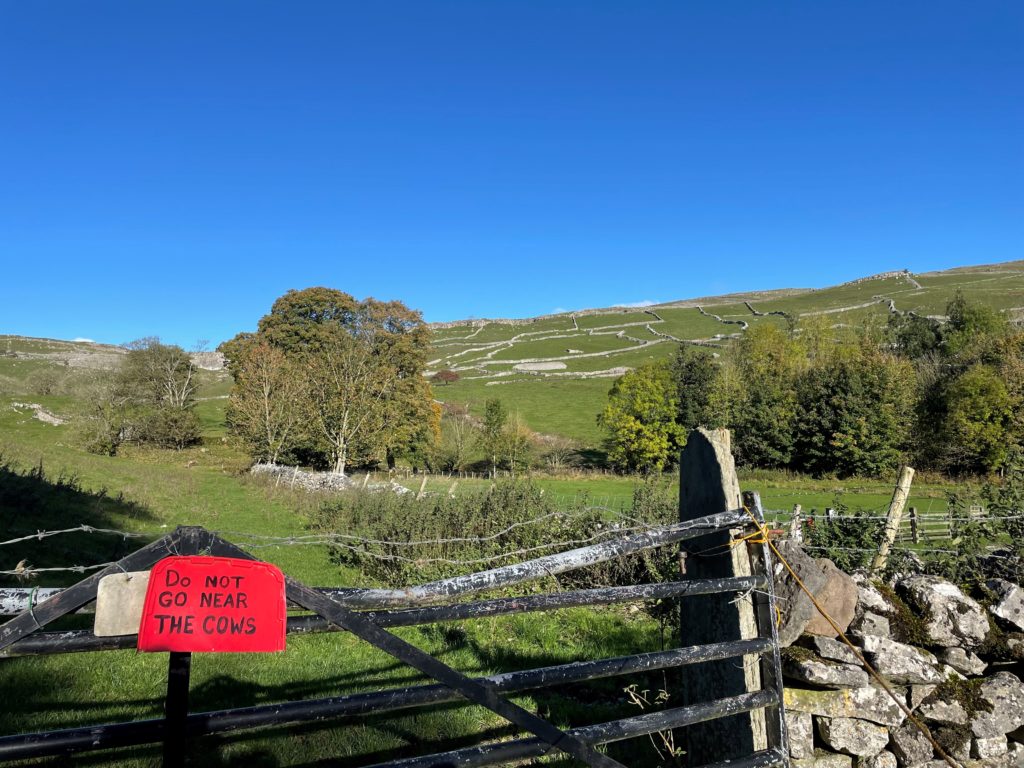
“Never tell people how to do things. Tell them what to do, and they will surprise you with their ingenuity”
George Patton
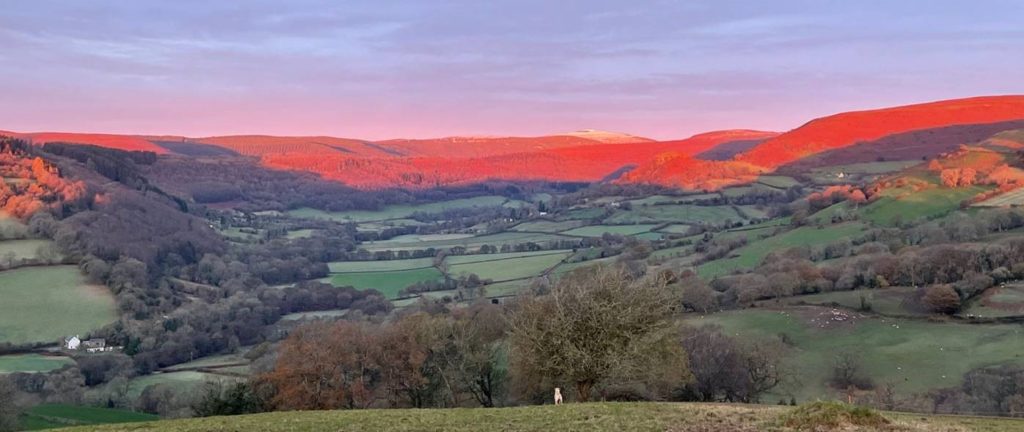
Red top thinking
I read a range of magazines often covering the same subjects and this ‘traditional’ rural magazine has covered the following over the last few months of 2021:-
- trade, food self-sufficiency and food security (too often conflated)
- natural capital trading, net zero, zero till, biofuels, Farming Investment Fund
- rewilding economics, need for land drainage to improve soil for carbon
- lab meat, vertical farms, smarter poultry practices, ammonia pollution, upland grazing
- regen farming, Sustainable Farming Incentive (not a subsidy), zero grazing
- tenant farmers, public access funding (Landscape Recovery Scheme), forestry, hedgerows
- insect farming, dairy yields, ragwort, tree diseases, water resources.
Stay curious
I know it’s easier to take a position on any of these (and we can), but have a go at thinking and reading around the box. Talk to others outside your circle, and beware automatically airbrushing out the past. ‘Take a beat’ before you post. Meanwhile, I’ll continue to broker dialogue on conversations required in neutral spaces – feel free to be my critical friend or foe in 2022!
“No matter how compelling the conservation case, if ambitious strategies remain largely mute on these more tangible human concerns [food, fuel, fibre] it seems unlikely their [conservation] goals will be achieved”
Professor Andrew Balmford (2021)
